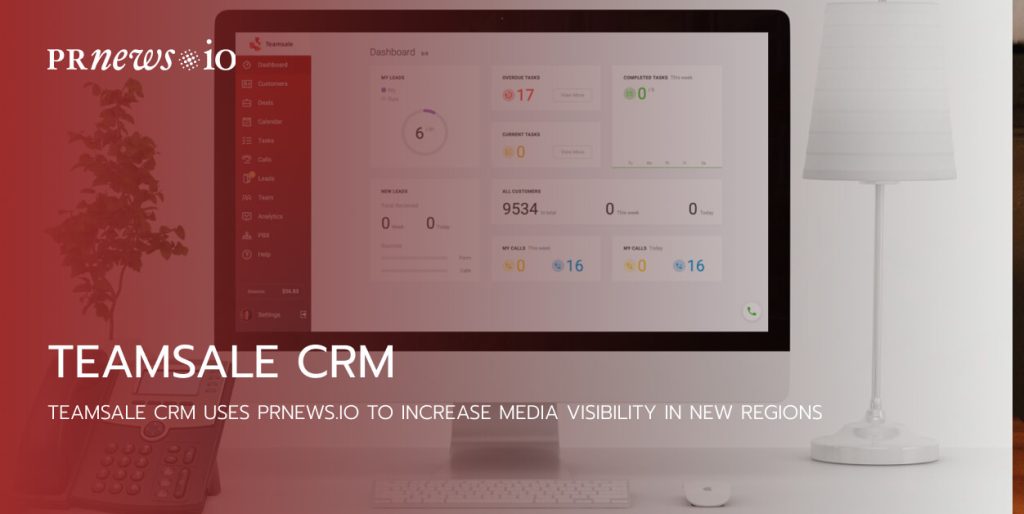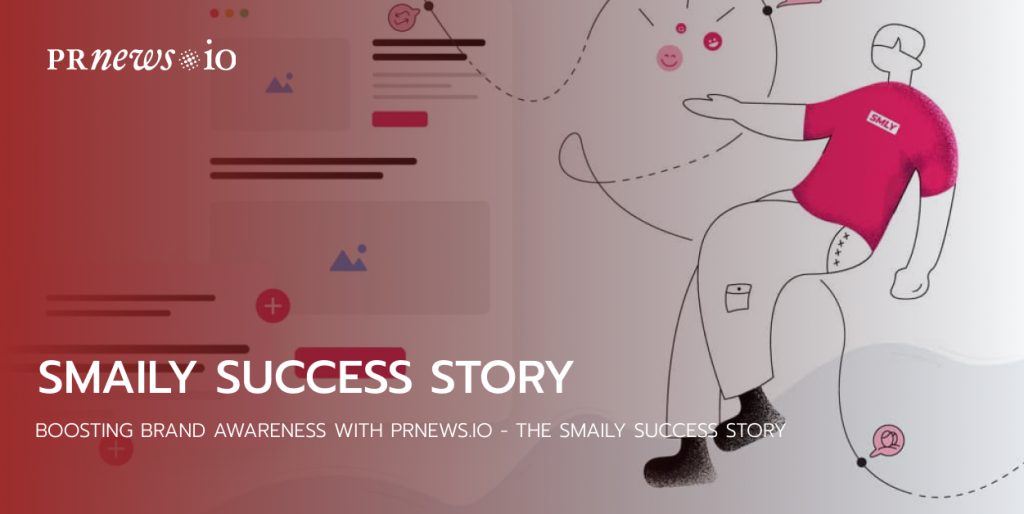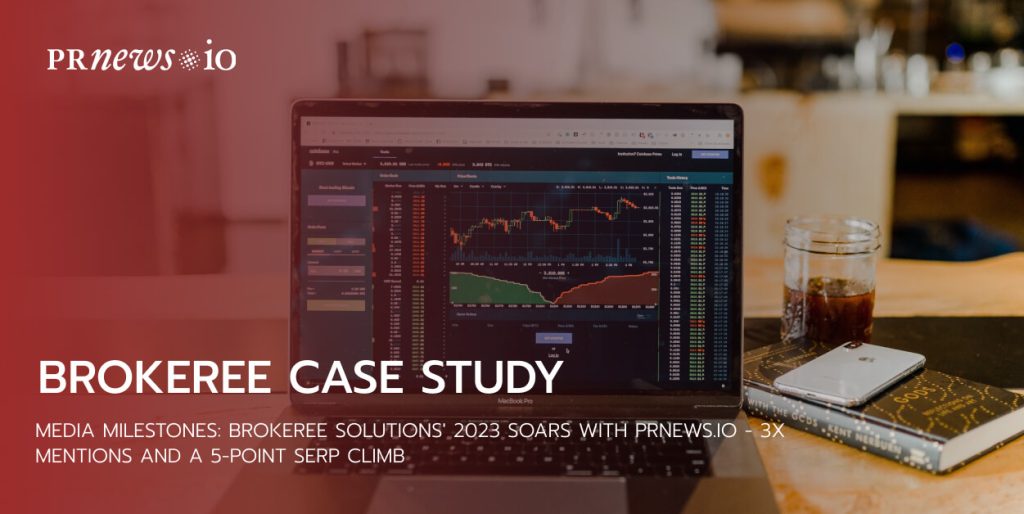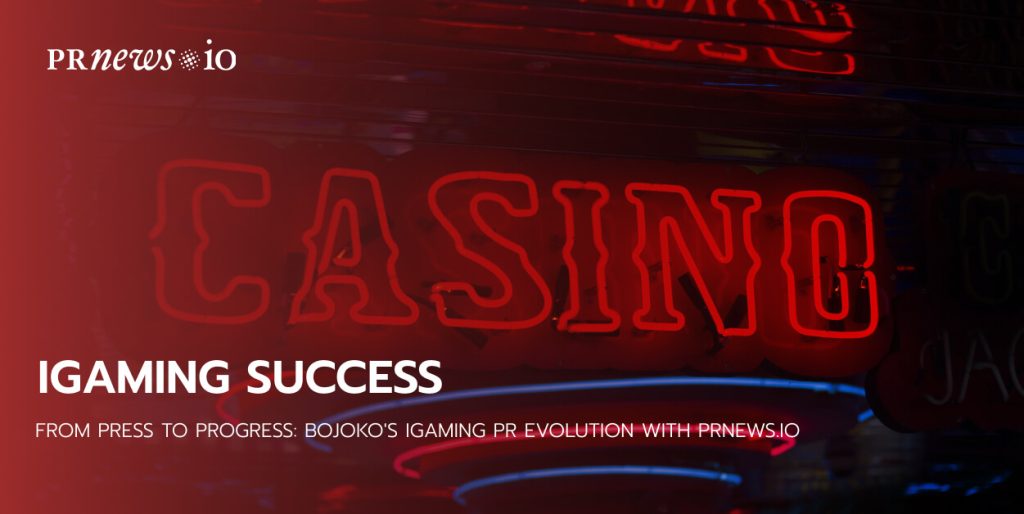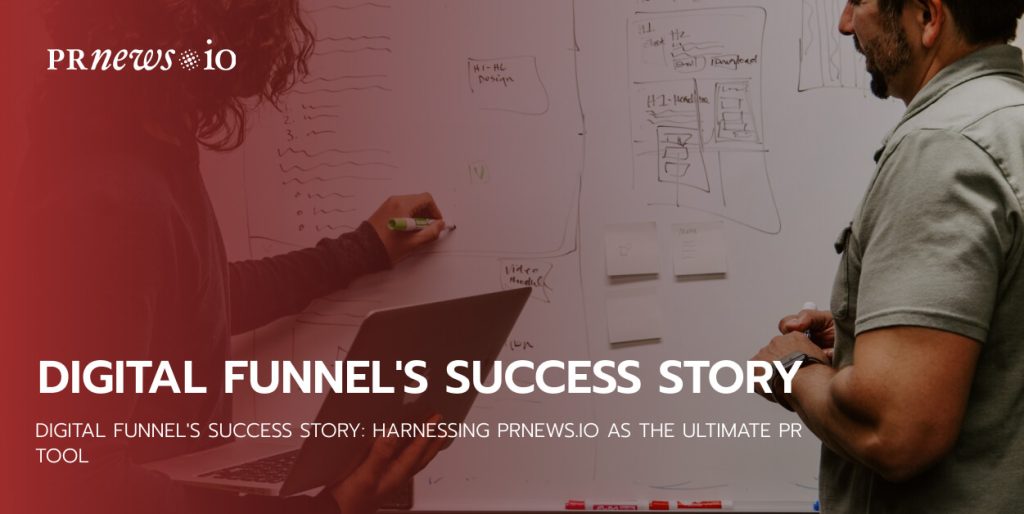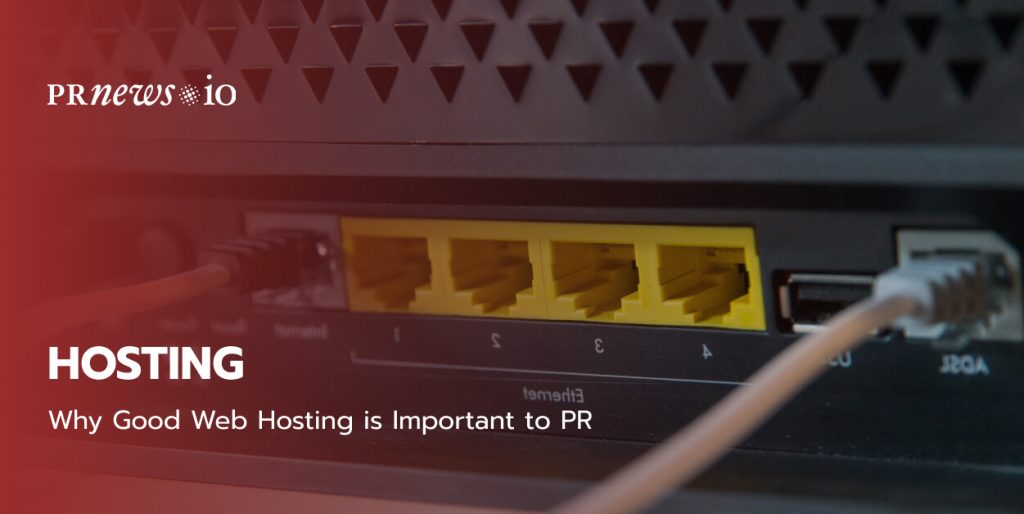
Think of the things that can ruin your PR. Poor-quality content? Sure.
Lack of updates on the site? Of course. Failing to respond to people on Twitter and Facebook. Definitely.
What about the quality of your web hosting, though? Does it have the same destructive power?
Your first thought might be, “No, hosting is important for SEO, maybe, but it hasn’t much to do with PR.”
This is a very dangerous mistake to make for any business or website owner. In fact, how good your hosting is matters hugely to your PR. It’s an intricate and complex connection, so let me unpack it for you.
What’s the difference between good hosting and bad?
If you think that hosting companies differ mostly in price, think again. There are three key factors that characterize hosts: uptime, response time, and the availability of 24/7 support.
Uptime is the percentage of time your site is available. The rest is downtime – that is, the site won’t load.
Response time is the time the server needs to start serving data. It’s the main ingredient of page load speed. There are several ways to check the response time and uptime for a certain host. They include Google Analytics and online host ranking tools.
As for round-the-clock tech support, few website owners think about it when choosing to host. They usually come to regret their mistake. If your site goes down in the middle of the night on Sunday, you’ll wish you had someone on the host’s side to talk to.
Make sure that what the host offers isn’t just a sales chat but a tech live chat. The live part is crucial. Opening a tech support ticket isn’t enough. The company must have qualified people online who can solve your problem 24/7.
Downtime makes you invisible
As you might know, a page needs to be indexed by a crawler bot to appear in the search results. Googlebot crawls the web night and day, adding new URLs to the index.
What happens if your page is down when the crawler arrives?
It either doesn’t get indexed at all – or your Google rankings suffer.
Here are just a couple of real-life examples:
Credits: Google Support
The resulting effect on website visits can be drastic:
Credits: StackExchange.com
In theory, Google shouldn’t penalize a site for a short downtime. But if the bot fails to cache a copy of the site, its rankings can suffer. In this case, even a few hours of downtime can be very bad for your SERP position – to say nothing of longer periods. And that means damage to your PR efforts. Say, you created a beautiful blog post that could do miracles for your public relations. Only it ended up somewhere on page 5 because your site was down. Painful, right?
Of course, it’s impossible to have 100% uptime: all servers have outages and sometimes require maintenance. But what’s the percentage to aim for? Many hosting companies will promise you 99.99%, but few will deliver. In general, anything above 99.95% is good. It means that you’ll experience between 7 or 8 minutes of downtime every 24 hours.
Credits: HRank.com
Downtime breeds negativity and resentment
What will a user think if they visit your site and see this?
In the best-case scenario, they’ll think your page is simply down. They’ll leave – and probably never come back.
In a slightly worse scenario, the user will get really annoyed – especially they repeatedly try to view your site. In that case, the visitor might take to Twitter and blast you there, creating an air of negativity around your brand.
The worst is if the user thinks your company simply isn’t there anymore. If the site doesn’t respond, the business must be dead. You must’ve gone bankrupt. Users who jump to such rash conclusions and panic will probably go and write about it on social media or forums. Others might believe them. What can be worse for your PR?
Slow load speed is the enemy of good PR content
Page load speed is an important ranking factor for Google. This is because over half of all the traffic comes from mobile devices – and smartphone users don’t want to wait. Each second matters. Research shows that 25% of US users abandon a site it takes more than 4 seconds to load. Some experts even calculated that if Amazon’s response time was 1-second slower, they would lose $1.6 billion each year in sales. Impressive, isn’t it?
Apart from hurting your sales, the slow response is bad for PR in particular – because it hurts your rankings. Let’s say you sell chia seeds, and you have great branded content about them. You’ve invested hours into writing articles with beautiful images statistics, recipes, etc. You expect users who want to learn about the benefits of chia to come to your site – and perhaps make a purchase.
Only nobody will see your rich and informative content – because it’s relegated to page 2 or 3. Which is like the South Pole, basically. Nobody will even find you there.
Why did this happen? Because your site loads slowly – so Google penalized you, rendering all your PR content worthless.
The best hosting companies have a response time of fewer than 700 milliseconds – that’s 0.7 of a second. Just don’t trust hosting companies’ ads on this. Actual numbers can be very different from what a host promises.
Slow load speed robs you of media attention
You’ve seen how a sluggish hosting server prevents people from finding you. The issue is even deeper, however. Proper media exposure is vital for PR. You want other websites to quote your content. You want to build an expert reputation for your brand. But if your page takes several seconds to load, say goodbye to all that.
Imagine a journalist who needs to write an article about the benefits of blockchain in finance. Naturally, she goes to Google for information. And like 99% of people, she won’t look past the first page of results.
Now, you’ve been toiling over research and infographics on the topic, and the result looks wonderful. If the journalist saw your article, she’d definitely quote them and link back to them. That could help your PR a lot. But, as you can guess by now, it won’t happen. Your plan to become a recognized and quoted expert on the topic is pretty much doomed.
Food for thought
Have I convinced you? Hopefully, now you realize how low-quality web hosting undermines your PR. By contrast, good hosting can do miracles:
- Ensure higher rankings;
- Get more eyeballs for your content;
- Attract attention from other websites
- Create a positive image among the audience, and much more.
So before you sign up for that super-cheap hosting offer, do some research. Does that hosting provider have what it takes to help your PR? Or will it actually hurt your business?
Remember – your whole PR strategy can depend on such basic things as uptime and response time.
Content Marketing Platform
- 100,000+ media publications;
- get backlinks to your product;
- scale work with content distribution.
Read more:

